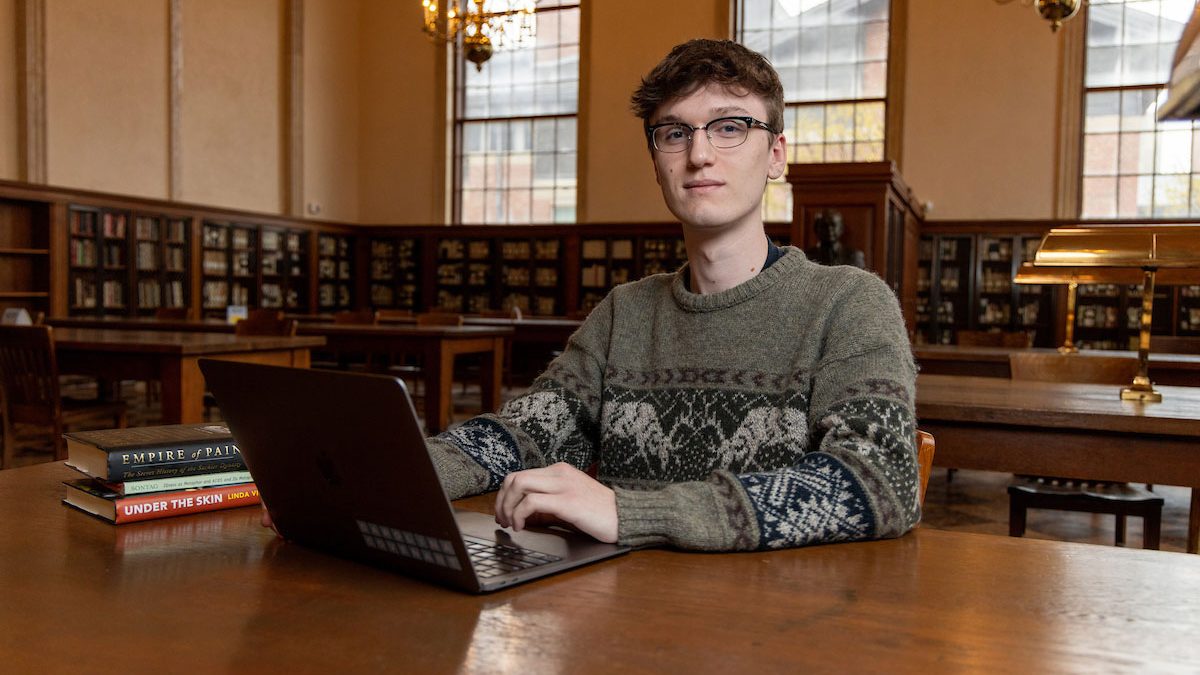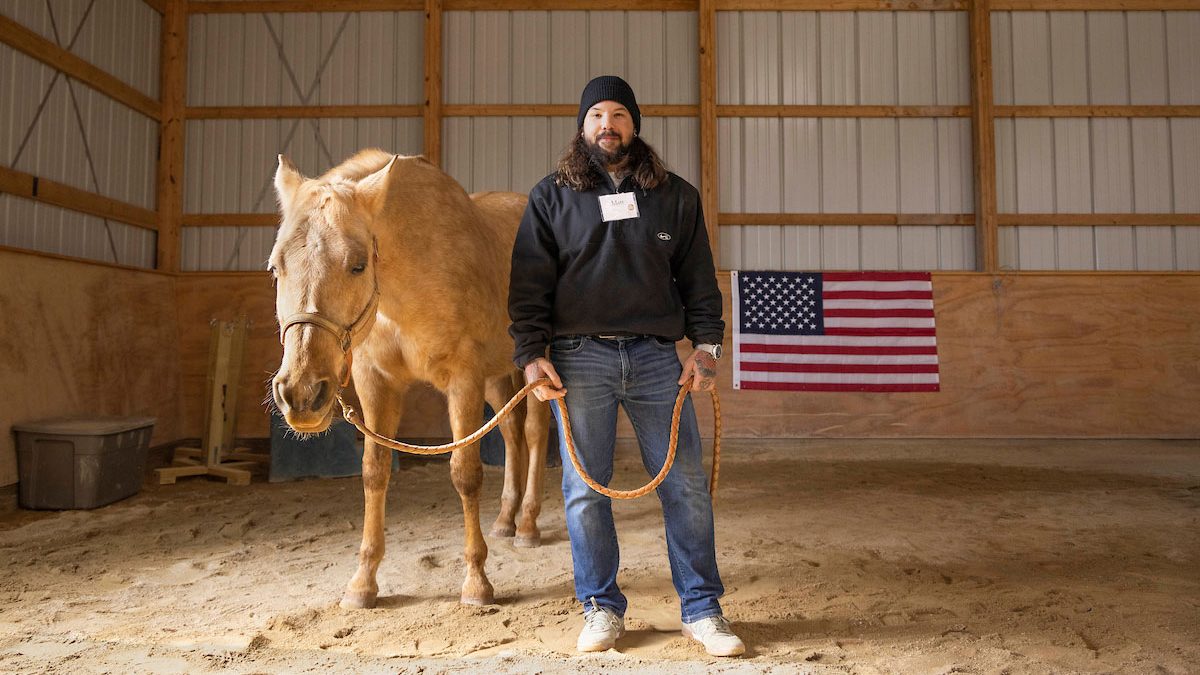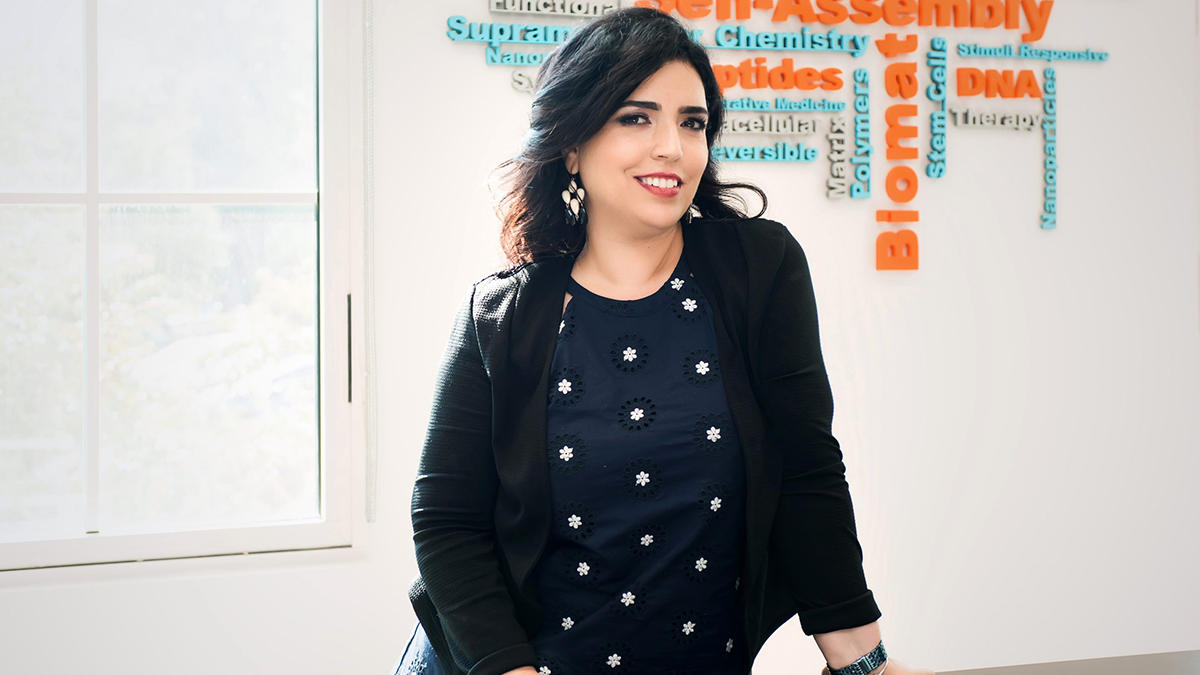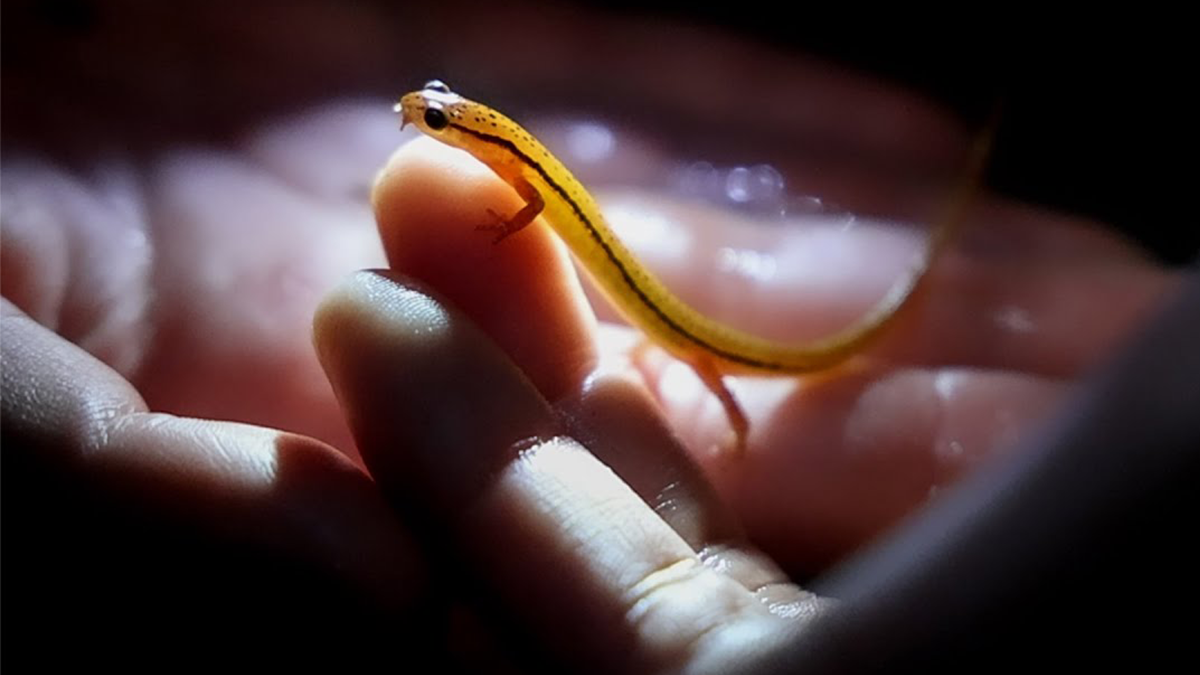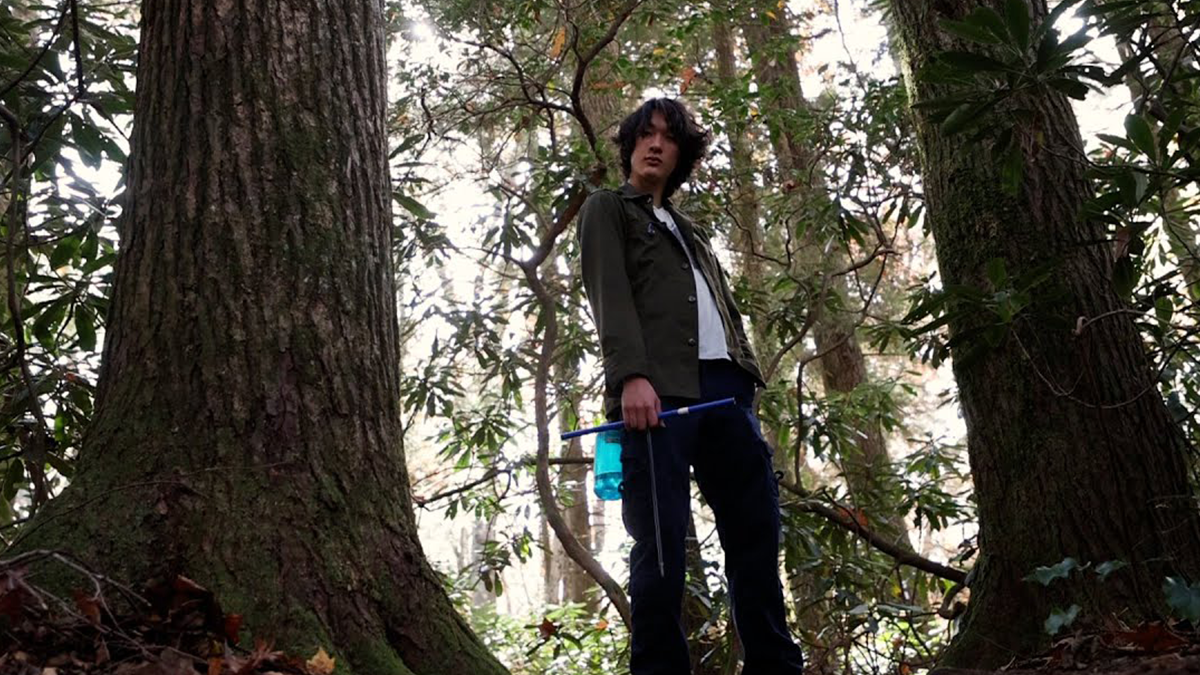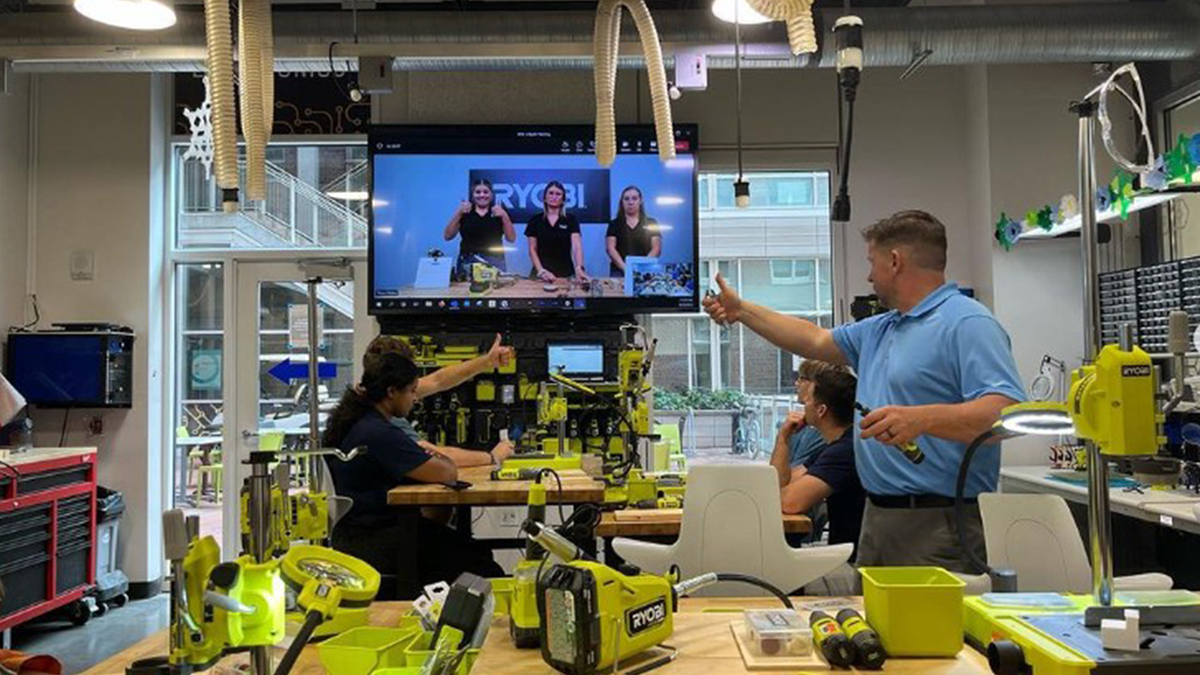Fusing Philosophy, Politics and Economics
“PPE is a formula for developing critical thought that helps form a solid foundation for students in any career they pursue.”
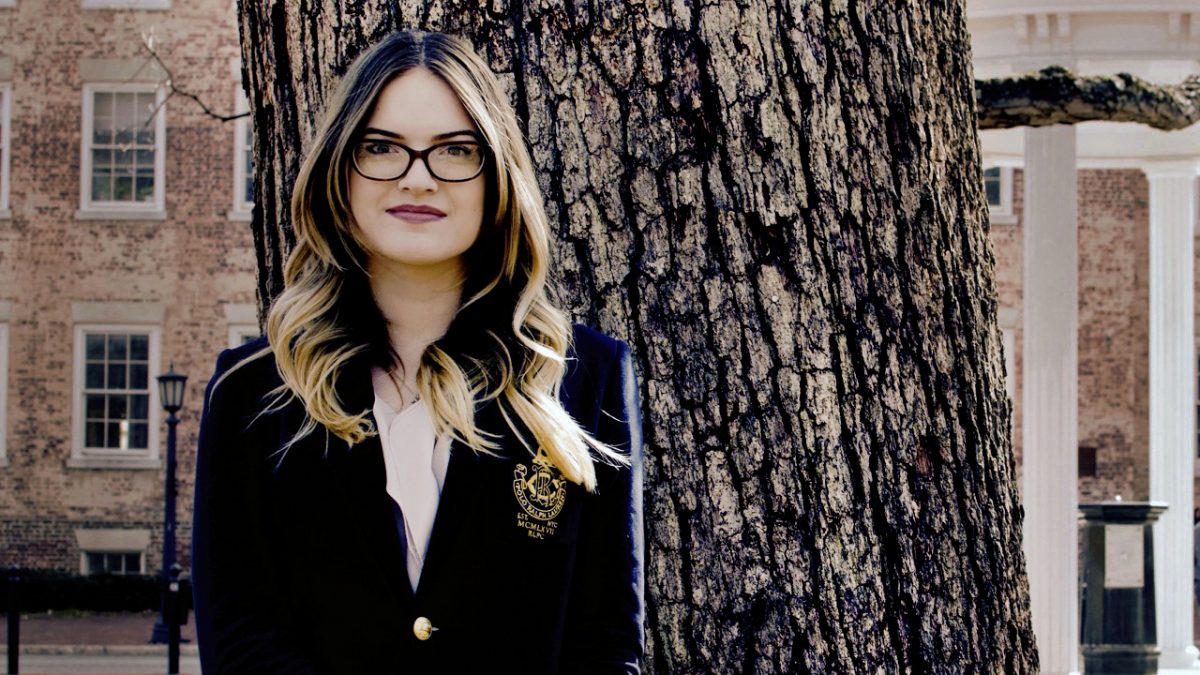
“PPE is a formula for developing critical thought that helps form a solid foundation for students in any career they pursue.”
Brenee Goforth ’18 is a political science major with a minor in Philosophy, Politics and Economics (PPEOpens in new window) with plans to attend law school and pursue public service and elected office.
When children are small, they ask seemingly endless, impossible questions
And that’s a good thing, because that inquisitiveness, that insatiable curiosity and unwillingness to accept one-dimensional answers to multi-dimensional questions are what our students, our future leaders, need to meet the demands of global citizenship.
Fostering that curiosity and developing the analytical tools to find solutions to difficult problems is what Carolina’s minor in Philosophy, Politics and Economics (PPEOpens in new window) seeks to do. The combined study of these three disciplines — an idea launched by Oxford University in 1920 — aims to create an environment where philosophers, political scientists and economists can come together and complement each other’s skills. It’s a new breed of critical thinking aimed at tackling some of the world’s most complex topics.
Launched in 2005 as a joint program with Duke University, the PPE program offers a minor at UNC-Chapel Hill and a certificate at Duke. Duke’s certificate program is designed for a small number of students. But at Carolina, the minor is growing rapidly.
The nation’s fastest growing PPE program
In the past year, enrollment jumped from 270 to almost 350. For PPE founding director and Morehead-Cain Alumni Distinguished Professor of Philosophy Geoffrey Sayre-McCord, that explosive growth demonstrates that students highly value the interdisciplinary nature of the program and undergirds his plans to create a major in the discipline. And Sayre-McCord should know. As an international PPE thought leader, he sees the unique opportunity Carolina has for its students and their future contributions to the state, nation and world.
Sayre-McCord spoke to the Board of Trustees at its Feb. 1 meeting about the program’s popularity. “The room for growth of the minor is close to unlimited – except for lack of faculty,” he said. “As we add those, we can expand. We want to keep the major small and the quality high.”
The courses for the PPE minor include a gateway and a capstone seminar, with one course in each of the three disciplines. But that’s just the beginning of the learning experience.
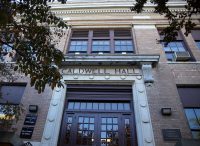
Caldwell Hall at the University of North Carolina at Chapel Hill Department of Philosophy
For the students, the minor is much more than its courses
It includes opportunities to attend various colloquia and symposia, join independent reading groups, participate in dinner discussions and hear from current thought leaders on topics ranging from public schools and climate change to equality and privacy. According to Sayre-McCord, it’s opportunities like these that set Carolina’s PPE program apart.
“In my opinion, Carolina’s PPE program is among the nation’s best because not only do we bring together some of the world’s authorities in each discipline to move scholarship forward, we create an environment for students to thrive and then support them in defining their career paths through internships, assistantships and fellowships,” he said. “It’s more than an interdisciplinary minor, PPE is a formula for developing critical thought that helps form a solid foundation for students in any career they pursue.”
For Brenee Goforth ’18, who also spoke at the Feb. 1 trustees meeting, the minor has been the topmost experience of her Carolina education. “PPE has brought me together with other students who want to tackle the difficult issues of our time and encouraged me to think in ways that a singular approach does not,” she said. “I’m more open to other perspectives, more confident talking about myself and issues I feel strongly about. I feel so much better prepared to pursue my goals, including law school, public service or perhaps public office.”
Pursuing economics or political science in isolation didn’t provide everything she wanted
Goforth said that “PPE allowed me to delve deeply into real-world issues on multiple fronts and flip the script on the way we talk about challenging problems,” she said. “For example, when talking about incarceration rates among black males, rather than focus on how many young black males go to jail, we should focus on how many don’t,” she said. “We want to end the trend, rather than normalize it.”
Board of Trustees secretary William “Bill” Keyes, who has mentored PPE students as interns at D.C.-based Institute for Responsible CitizenshipOpens in new window, which he established and directs, was excited at the prospect of creating a major in PPE.
“This is the most exciting presentation I have heard in my two-and-a-half years sitting on the board,” he said. “Not only are these students impressive, they are our future, and anything we can do to be involved in this, I want to see it grow.”
This is story number 52 in the Carolina Stories 225th Anniversary Edition magazine.
